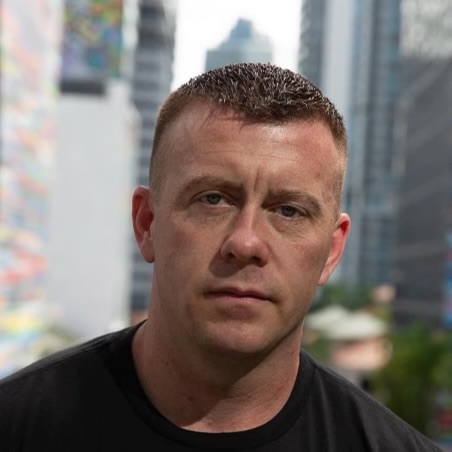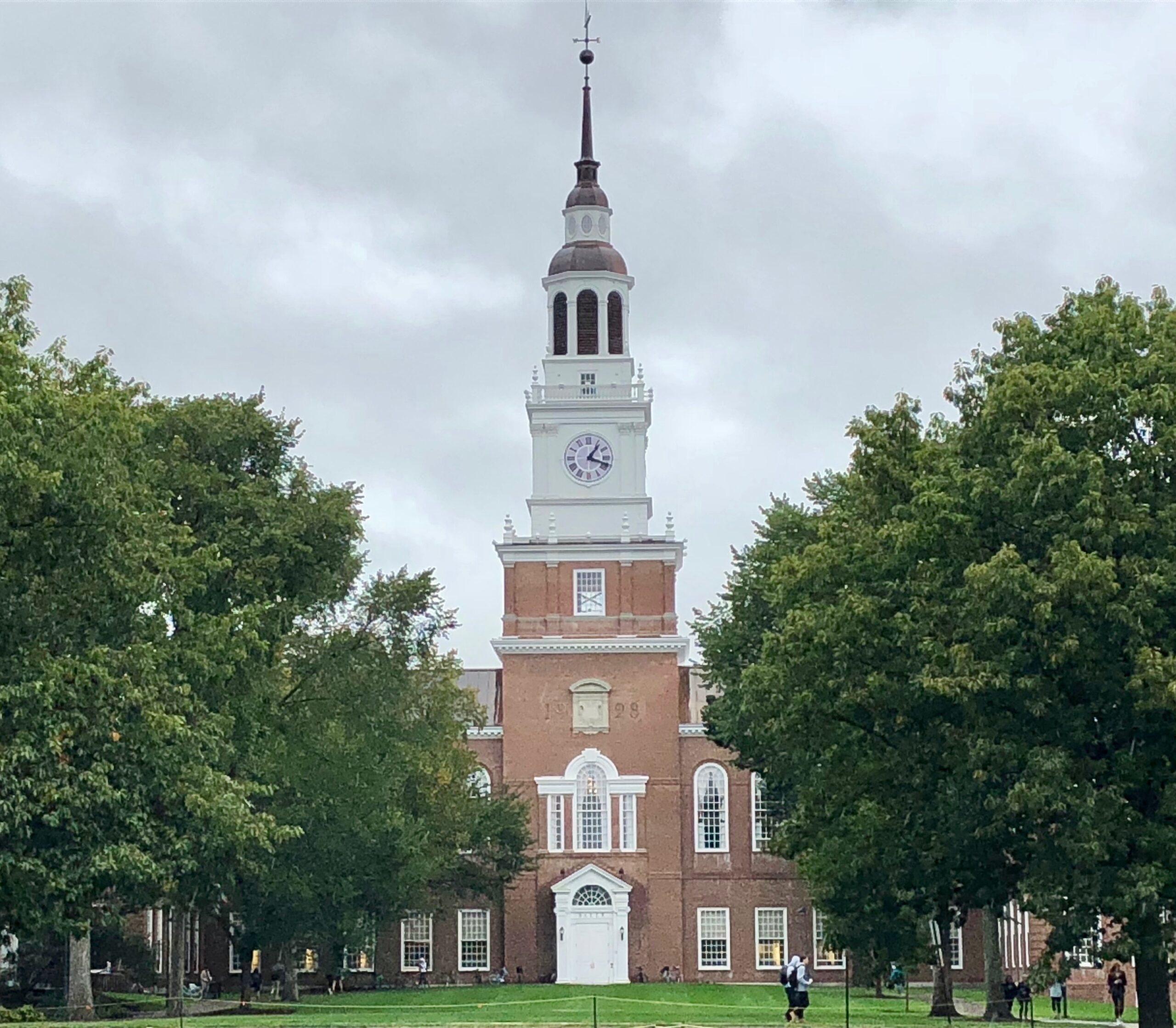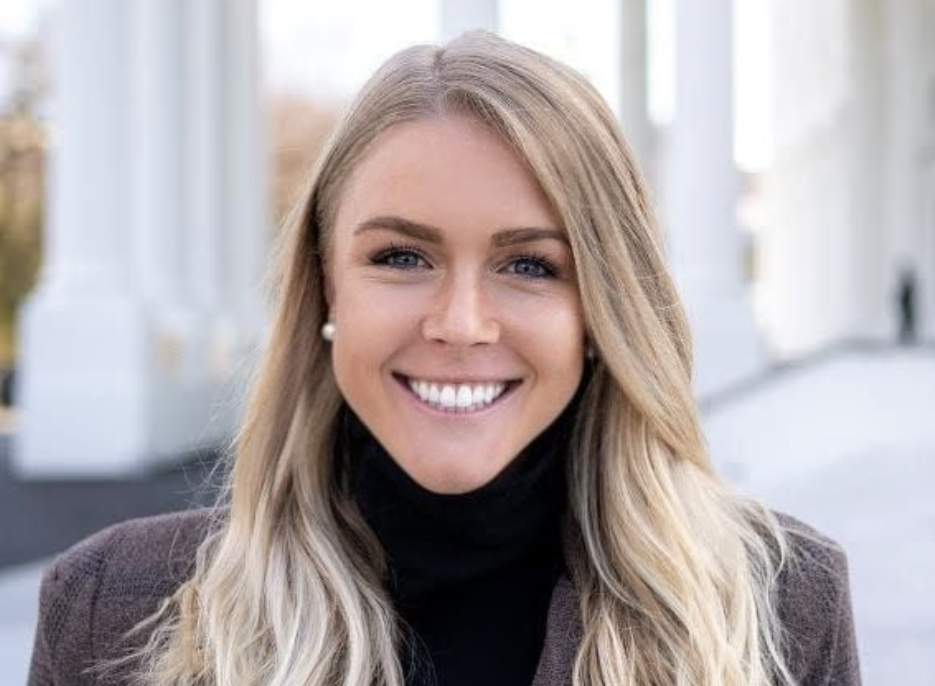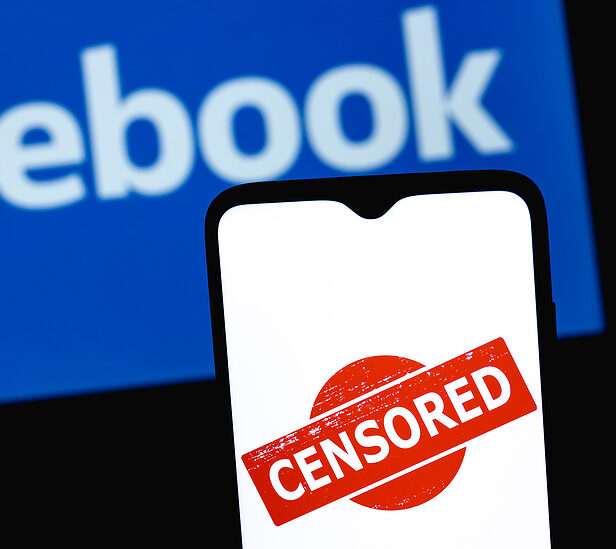Spofford’s Attorney Tells Judge NHPR Engaged in ‘Reckless Disregard’ of Facts
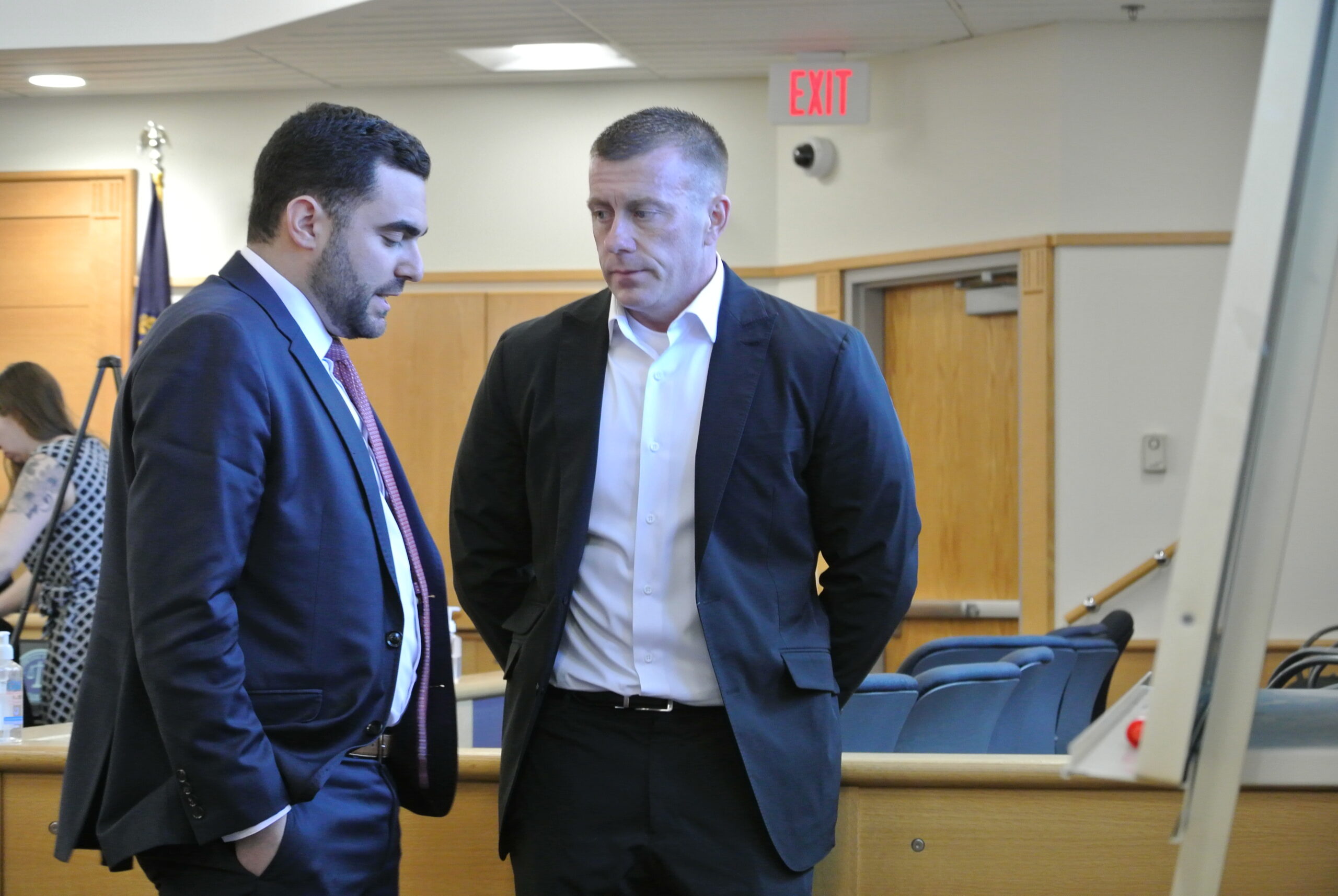
Despite hundreds of pages of evidence already submitted by Granite State Recovery founder Eric Spofford’s legal team, New Hampshire Public Radio says none of it adds up to malice, the key component for a defamation case.
“Zero plus zero still equals zero,” said Sigmund Schutz, NHPR’s attorney during Tuesday’s hearing in Rockingham Superior Court.
Spofford filed the defamation lawsuit against NHPR in October, claiming the public radio station ruined his life and career when it reported a story in which three women accused him of sexual harassment and assault. NHPR is trying to get the case dismissed before it can go to trial, arguing that Spofford aims to silence any critic who might come forward against him.
“This kind of lawsuit has a real chilling effect,” Schutz said. “The objective of this litigation is that just by filing, win or lose, is to silence critics,” Schutz said.
Howard Cooper, representing Spofford, said a trial is needed so a jury can weigh in on the radio station’s reporting, which he characterized as reckless at best.
“This case is about the intentional ignoring of the facts pre, during, and post-publication,” Cooper said. “There is no constitutional value in defamatory speech, and there is no chilling effect by requiring the media not to make up facts.”
Schutz said NHPR reporter Lauren Chooljian thoroughly reported, corroborated, and documented the story, which was published online in March, and the subject of over-the-air broadcast reports and podcasts. In the story, a former Granite State Recovery client and two former employees alleged they were harassed. The employees alleged that they were sexually assaulted.
At no point did NHPR report that Spofford was guilty of any crime when it laid out the women’s story, Schutz said. Schutz said that Spofford was given ample opportunity to comment on the story as it was being reported, and his denials of the accusations were reported.
“(Spofford) can deny the accusations are true, but he can’t deny that the accusations were made,” Schutz said.
But Cooper claimed NHPR’s reporting process is dubious, leaving out key details and using suspect sources to corroborate the story it wanted to tell.
In one instance, NHPR reported Spofford sent pictures of his penis to one of the women using Snap Chat, despite the reporter never seeing the photos for herself. She relied on claims from the alleged victims.
“That is so outrageous and improbable, no responsible news organization or reporter would have reported that,” Cooper said.
Another breach in NHPR’s reporting happened when former Granite State Recovery Human Resources Director Lynsie Miterer called Chooljian after one part of the story aired to correct her reporting on one of the accusations of sexual assault. Cooper said Chooljian reacted with hostility and never used any of the information from Miterer that challenged the reporting.
There is also the matter of the third alleged victim, known in the story as Employee B. NHPR reported Employee B claimed she was sexually assaulted by Spofford, but Chooljian never spoke to that woman. Instead, the reporter spoke to other people who claimed to have corroborating information.
“They should not have reported that,” Cooper said.
Cooper said the totality of the evidence already gathered shows sources who were ignored when they contradicted NHPR’s storyline, and weak corroboration, was used to push a narrative. All of it, he said, adds up to a case that needs to go to trial.
“This story never should have been published, reporters knew or recklessly disregarded facts that were staring them in the face and given to them,” Cooper said.
Judge Dan St. Hilaire will now consider the arguments from both sides. He is expected to make a ruling sometime in the next 30 days. If he finds for Spofford, NHPR would find itself before a jury to defend how it reports the news.

